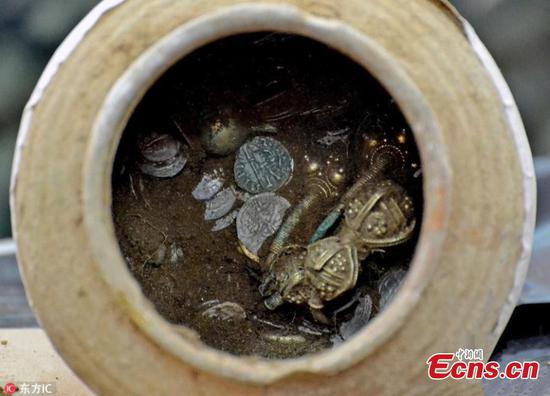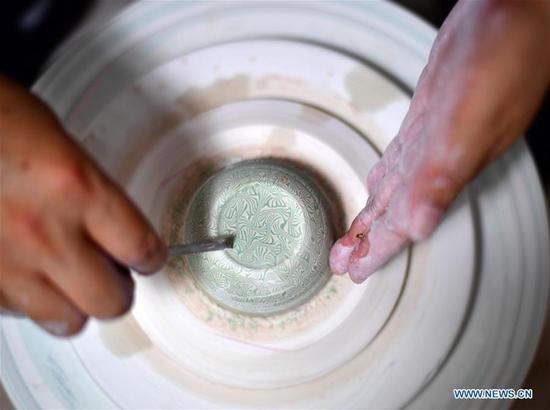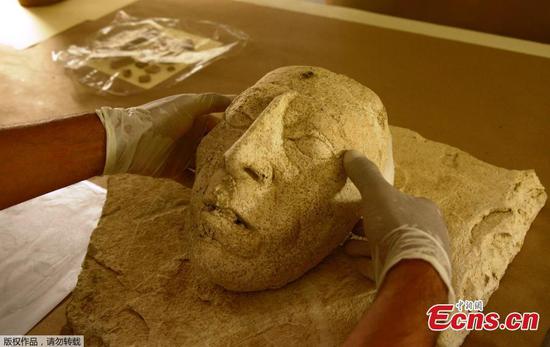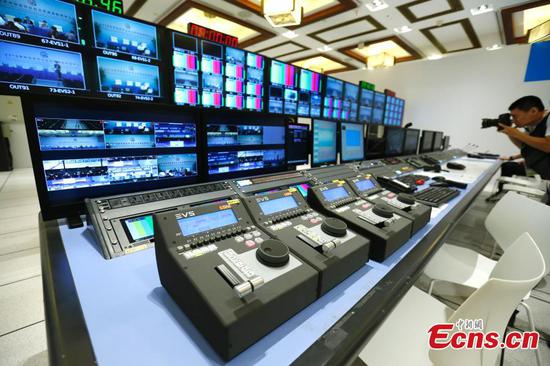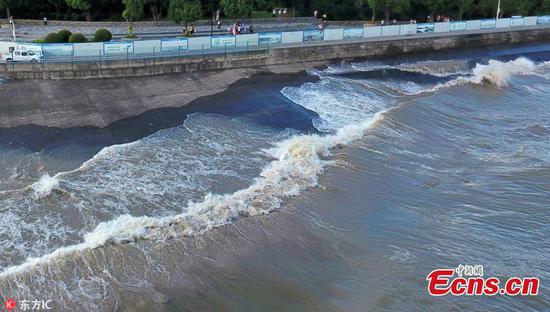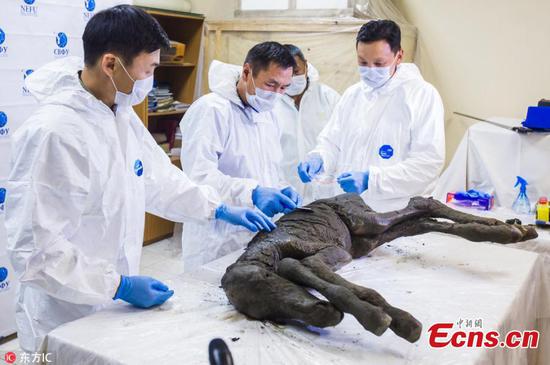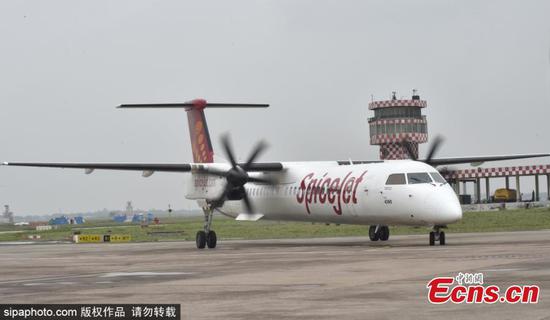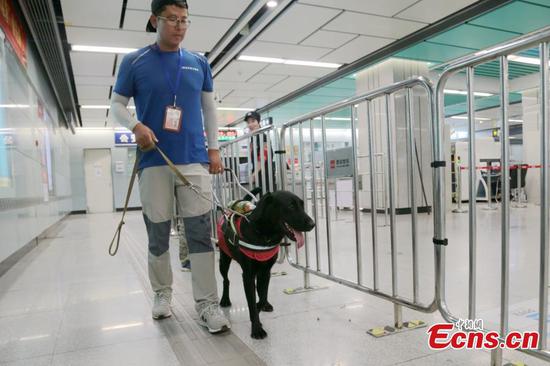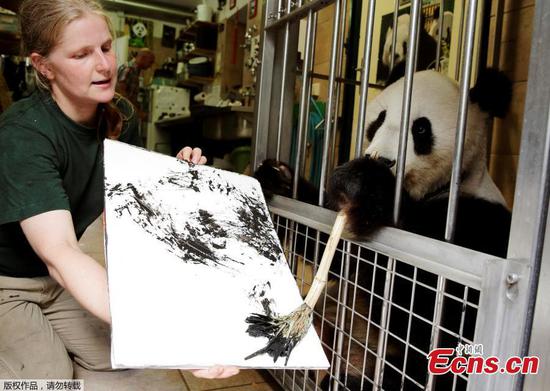China has made overseas outsourcing research and development expenditure available to additional tax deduction, as part of its continuous efforts to ease tax burdens on enterprises and promote technology upgrades, said the State Administration of Taxation on Thursday.
From this year, 80 percent of the expenditure incurred by companies on overseas outsourcing R&D will be eligible for further deductions before tax. This will help lower their tax burden and encourage more investment in technological innovation, said Liu Baozhu, deputy director of the department of income tax at the SAT.
The new policy virtually gives tax breaks to enterprises outsourcing R&D activities to overseas institutions, aiming to encourage enterprises to "take advantage of global technology resources" to promote high-tech and industrial upgrades, Liu said.
Before this policy, only R&D expenditure incurring within the country could receive an additional deduction.
Overseas R&D expenditure, which is available for additional deduction, shall be no more than two-thirds of an enterprise's domestic R&D expenditure, the official said. That will push companies to invest more into independent projects, instead of simply importing technology from overseas, and that could improve their research ability.
Apart from reducing taxes, the country is putting in place many other measures to help enterprises reduce costs and enhance efficiencies, such as changing separate provincial e-taxation offices into a nationwide unified "e-taxation system" by the end of this year, said Fu Shulin, deputy head of the general office of the SAT.
Besides making it much easier for taxpayers to deal with cross-provincial tax affairs, "the new e-taxation system will offer more comprehensive functions and more convenient services", Fu said.
Those new measures are in line with China's efforts to reduce tax burden on enterprises and individuals. On Aug 20, the SAT released 10 measures to be implemented in the third quarter to optimize the business environment for enterprises.










